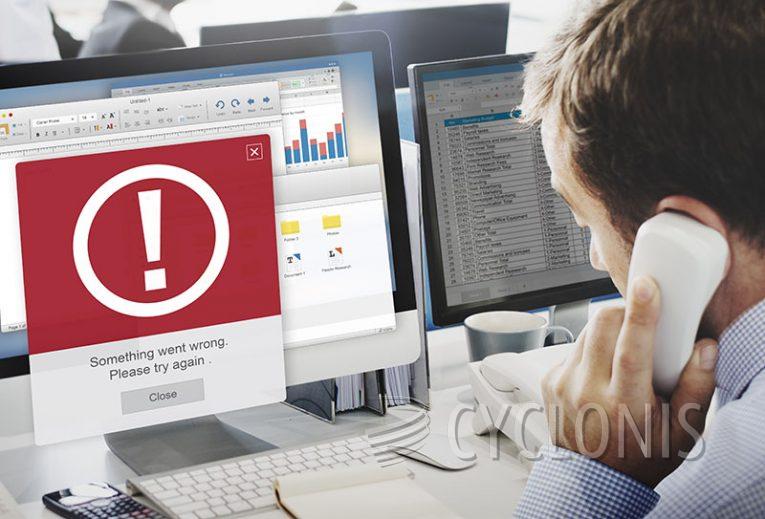Your Windows Subscription Has Expired Pop-Up Scam

The page displaying the message in question is a fraud that utilizes fabricated messages, using intimidation tactics to manipulate visitors into specific actions. Additionally, the deceptive webpage requests permission to display notifications. Users are strongly advised to ignore and promptly close such websites.
The misleading page showcases a false message alleging the expiration of the user's Windows subscription, claiming that post-expiration, the system becomes susceptible to viruses, malicious software, and identity theft. It employs intimidation tactics, cautioning that the Windows system is defenseless and exposed to potential threats.
Furthermore, the message endeavors to lure the user with a discount offer of up to 70% off on an alleged Windows Security subscription (version 20.9.139 for three devices). It also supplies a counterfeit serial number, encouraging the user to renew their subscription. The inclusion of "Marketing Disclosure" appears to be an effort to create an air of legitimacy.
Upon selecting the "Renew Subscription" button, this fraudulent page redirects users to another untrustworthy page posing as an antivirus website. This secondary site initiates a simulated system scan, falsely claiming the detection of multiple threats.
There are numerous red flags that are immediately obvious on the scam page, including the fake serial key, the exaggerated virus threats and the poor page design. Users should never interact with similar websites.
Why Do Scammers Use Fake Virus Warnings to Scare Users?
Scammers use fake virus warnings to scare users for several strategic reasons:
Immediate Action:
Scare tactics create a sense of urgency, compelling users to take immediate action without thoroughly evaluating the situation. This urgency is often emphasized by warning users of imminent threats or system vulnerabilities.
Manipulating Emotions:
Fear is a powerful emotion that scammers exploit to manipulate individuals. By instilling fear through fake virus warnings, scammers aim to override rational thinking and prompt impulsive responses from users.
Social Engineering:
Fake virus warnings often employ social engineering techniques, playing on users' concerns about their digital security. Scammers may exploit common fears related to data loss, identity theft, or financial harm to trick users into following their instructions.
Creating a False Sense of Authority:
Scammers may design fake warnings to resemble legitimate security alerts, complete with logos and terminology that make them seem authentic. This creates a false sense of authority, leading users to believe they must comply with the provided instructions.
Phishing for Information:
Scareware tactics often involve tricking users into providing sensitive information, such as login credentials, financial details, or personal data. Users, fearing a security threat, may unknowingly divulge this information in an attempt to address the purported issue.
Pushing Rogue Software:
Fake virus warnings may prompt users to download and install supposed security software or updates. In reality, these downloads are often malicious in nature, introducing malware or unwanted applications onto the user's system.
Financial Exploitation:
Scammers may use scare tactics to convince users that their systems are compromised, leading them to purchase unnecessary or fraudulent security solutions. This exploitation aims to generate revenue for the scammers through fraudulent transactions.
Affiliate Marketing Scams:
Some fake virus warnings, as described in the previous question, are part of affiliate marketing scams. Scammers may convince users to purchase legitimate software through their affiliate links, earning them commissions while exploiting users' fear of security threats.








